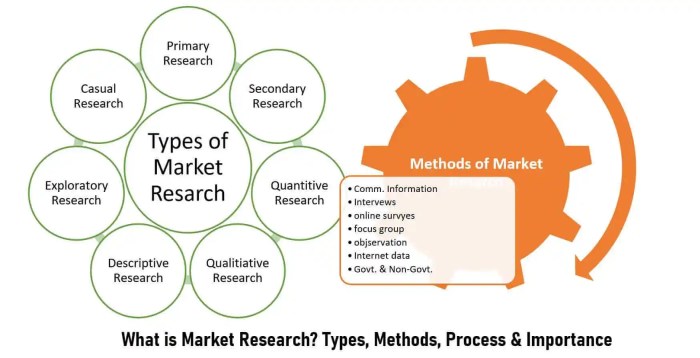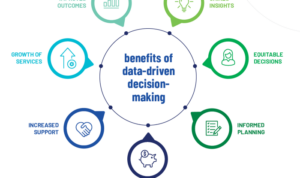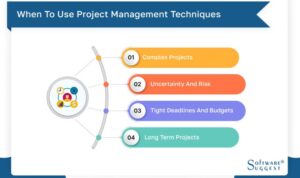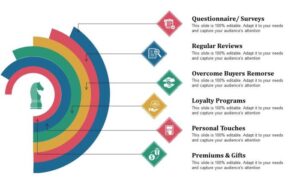Market Research Techniques: Get ready to dive into the world of strategic business decisions and consumer insights, where data-driven methods rule the game. From quantitative to qualitative approaches, this topic will unveil the secrets behind successful market research practices.
In today’s fast-paced market landscape, understanding the significance of market research techniques is crucial for businesses aiming to stay ahead of the competition. Let’s explore the diverse methods used to gather valuable insights and make informed decisions.
Overview of Market Research Techniques

Market research plays a crucial role in helping businesses make informed decisions by providing valuable insights into consumer preferences, market trends, and competitive landscapes. By conducting thorough market research, companies can identify opportunities for growth, mitigate risks, and stay ahead of their competitors.
The Importance of Market Research
Market research allows businesses to understand their target audience better, tailor their products or services to meet customer needs, and optimize their marketing strategies for maximum impact. Without market research, companies may struggle to effectively reach their target market, resulting in wasted resources and missed opportunities.
Primary Goals of Conducting Market Research
1. Identify market trends and consumer behavior: By analyzing market trends and consumer behavior, companies can anticipate changes in demand and adjust their strategies accordingly.
2. Assess competitive landscape: Understanding competitors’ strengths and weaknesses helps businesses differentiate themselves and develop a competitive advantage.
3. Determine market demand: By gauging market demand for a product or service, companies can make informed decisions about pricing, distribution, and promotion.
4. Improve customer satisfaction: Gathering feedback from customers through surveys and focus groups helps businesses enhance their products or services to meet customer expectations.
Industries Relying Heavily on Market Research Techniques
- Consumer goods: Companies in the consumer goods industry heavily rely on market research to understand consumer preferences, identify trends, and launch successful products.
- Technology: In the fast-paced technology industry, market research helps companies stay ahead of the competition by anticipating changes in consumer needs and preferences.
- Healthcare: Market research is essential in the healthcare industry to identify unmet medical needs, assess patient satisfaction, and develop effective marketing strategies.
- Automotive: Automotive companies use market research to understand consumer preferences, improve product design, and stay competitive in the market.
Quantitative Market Research Methods: Market Research Techniques

Quantitative market research methods involve collecting numerical data to analyze trends and patterns in consumer behavior. These methods are crucial for businesses to make data-driven decisions and understand market dynamics.
Surveys
Surveys are a common quantitative research technique used to gather data from a large sample of respondents. Businesses create structured questionnaires to collect specific information about consumer preferences, buying habits, and satisfaction levels. Surveys can be conducted online, over the phone, or in person to gather quantitative data for analysis.
Data Analysis
Data analysis is another key quantitative method in market research. Businesses use statistical tools and software to analyze numerical data collected from surveys, sales reports, and other sources. This analysis helps identify trends, correlations, and insights that inform marketing strategies and product development.
Advantages of Using Quantitative Methods
– Quantitative methods provide measurable and numerical data for analysis.
– They allow for statistical testing and validation of hypotheses.
– Large sample sizes can be used to ensure results are representative of the target market.
– Quantitative data is easily comparable and can be used to track changes over time.
Examples of Quantitative Data Collection
– Online surveys sent to a random sample of customers to measure satisfaction levels.
– Sales data analysis to identify seasonal trends and purchasing patterns.
– A/B testing of marketing campaigns to determine the most effective messaging.
Qualitative Market Research Methods
Qualitative market research methods play a crucial role in gaining a deeper understanding of consumer behavior and preferences. Unlike quantitative methods that focus on numbers and statistical analysis, qualitative research delves into the underlying reasons and motivations behind consumer actions.
Focus Groups vs. In-Depth Interviews
- Focus Groups:
- Involve a small group of participants discussing a particular product or service.
- Allow for interaction and group dynamics to uncover diverse perspectives and insights.
- Can be more cost-effective and efficient in gathering qualitative data.
- In-Depth Interviews:
- Involve one-on-one conversations with participants to explore their thoughts and experiences in depth.
- Provide detailed and nuanced insights into individual perspectives and emotions.
- Allow for a more personalized approach to understanding consumer behavior.
Effectiveness of Qualitative Research
- Real-World Example 1: Product Development
- When designing a new product, qualitative research can uncover specific needs and desires of target consumers that may not be captured through quantitative surveys alone.
- By conducting focus groups or in-depth interviews, companies can gather valuable feedback to refine product features and enhance overall customer satisfaction.
- Real-World Example 2: Brand Perception
- Qualitative research is often used to gauge consumer perceptions of a brand, including emotional connections and brand loyalty.
- Through in-depth interviews, companies can understand the underlying reasons behind consumer attitudes and beliefs, leading to more targeted marketing strategies.
Online Market Research Techniques
Online market research techniques have completely transformed the way businesses gather insights and make informed decisions about their target audience. With the internet at our fingertips, companies can now reach a wider audience, collect data in real-time, and analyze market trends with greater accuracy.
Tools and Platforms for Online Market Research, Market Research Techniques
- Google Analytics: A powerful tool for tracking website traffic, user behavior, and online conversions.
- Social Media Listening Tools: Platforms like Hootsuite and Sprout Social help businesses monitor conversations about their brand and industry trends on social media.
- Online Surveys: Platforms such as SurveyMonkey and Google Forms allow businesses to create and distribute surveys to collect valuable feedback from customers.
- Web Scraping Tools: Tools like Import.io and Octoparse help extract data from websites to gather competitive intelligence and market trends.
Conducting Online Surveys and Analyzing Digital Data
Conducting online surveys involves creating a set of questions tailored to the target audience, distributing the survey through various channels such as email or social media, and analyzing the responses to draw meaningful insights. Digital data analysis includes examining website traffic, social media engagement, and online sales data to identify patterns, trends, and opportunities for growth.





